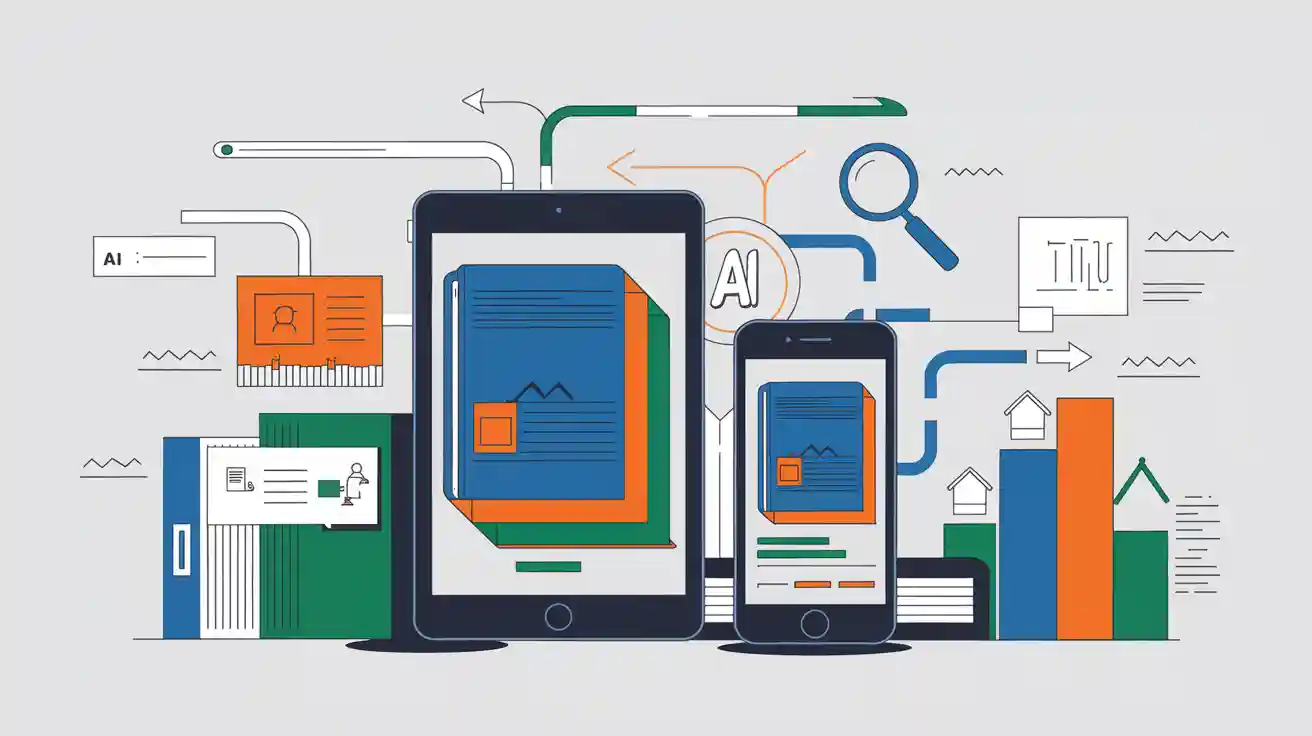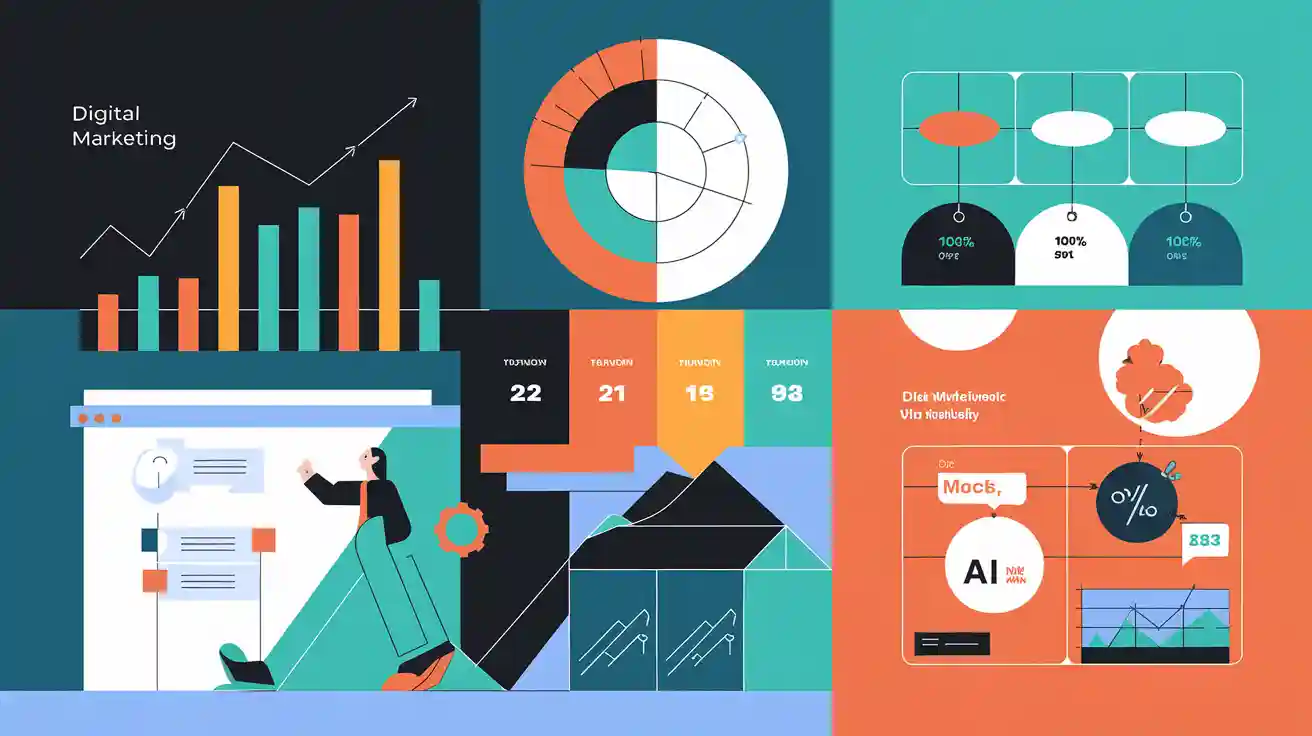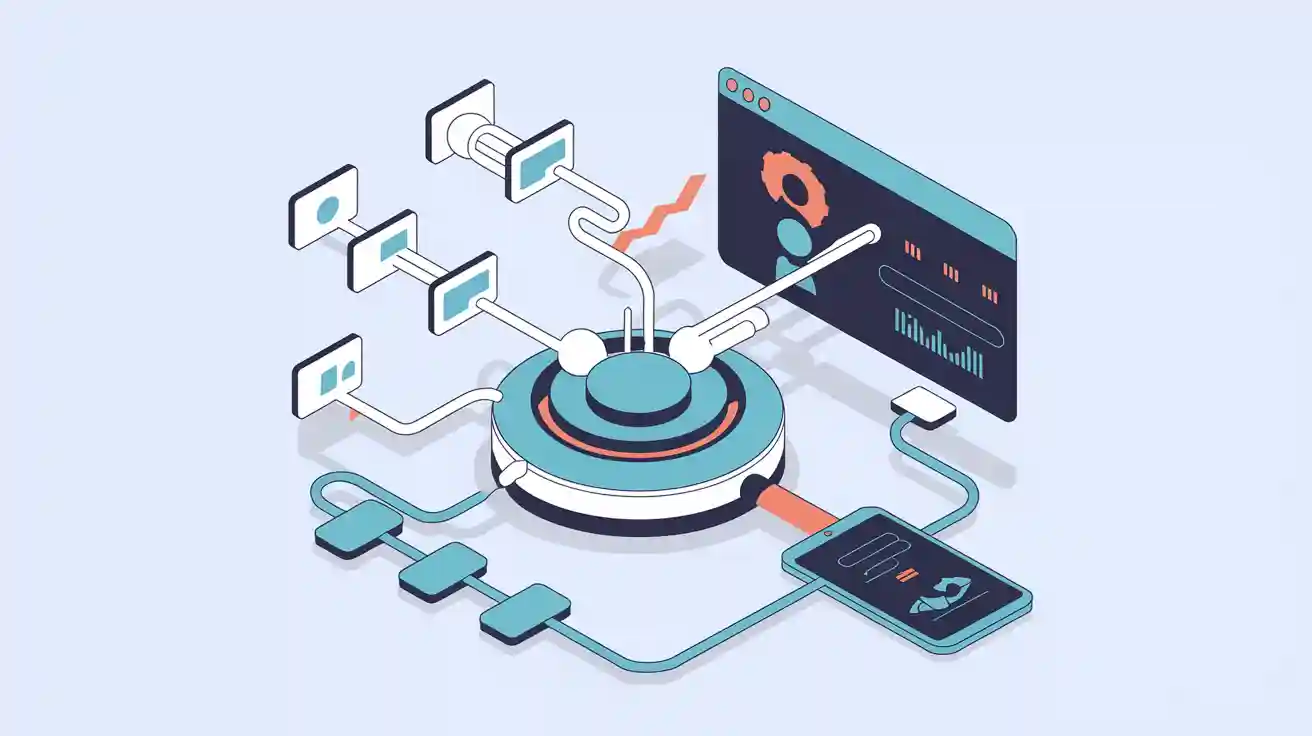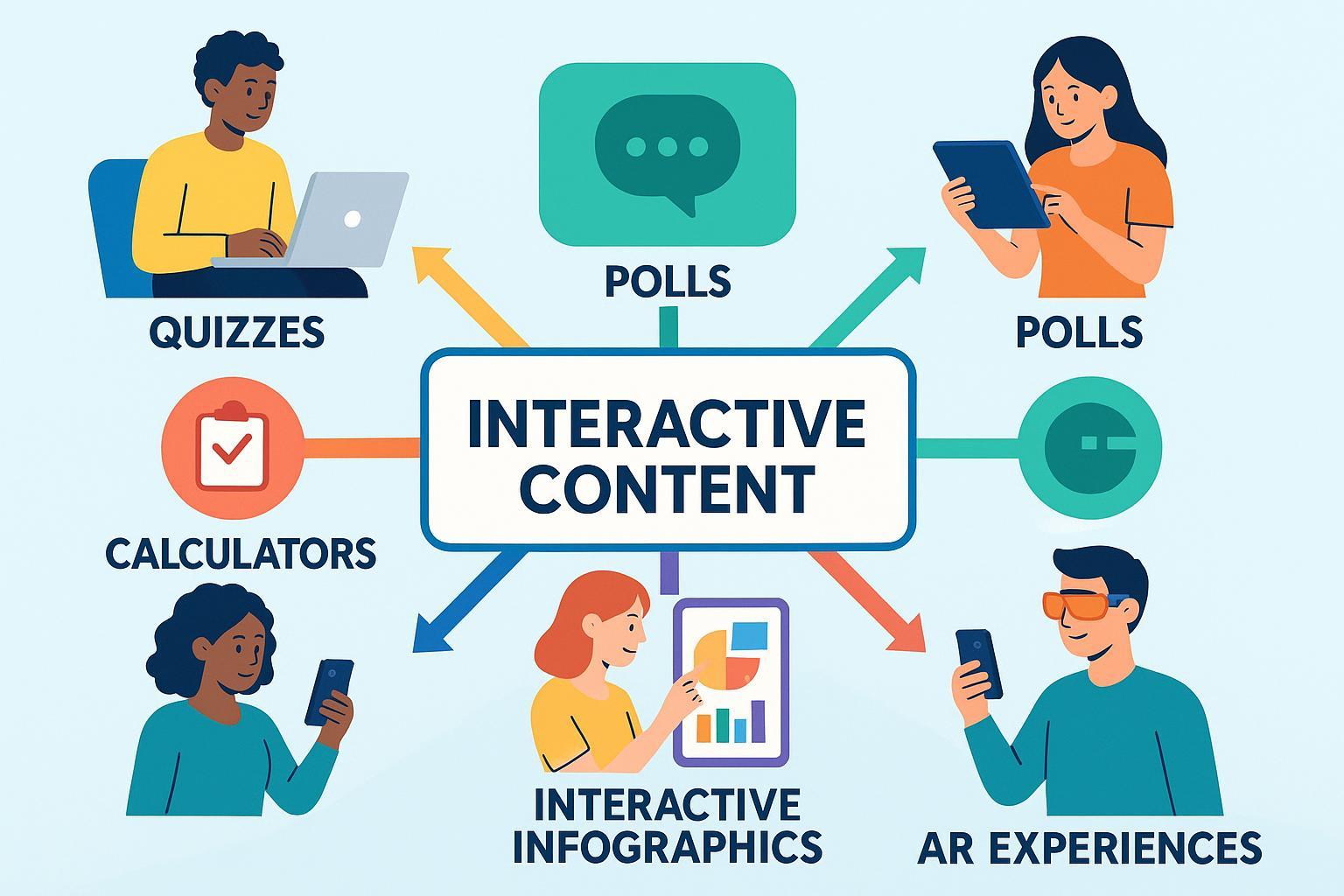Podcast Beginner Guide: Complete Step-by-Step Starter Handbook
The ultimate podcast beginner guide! Learn podcasting from scratch—concepts, gear, recording, editing, publishing, and more. Perfect for new podcasters.

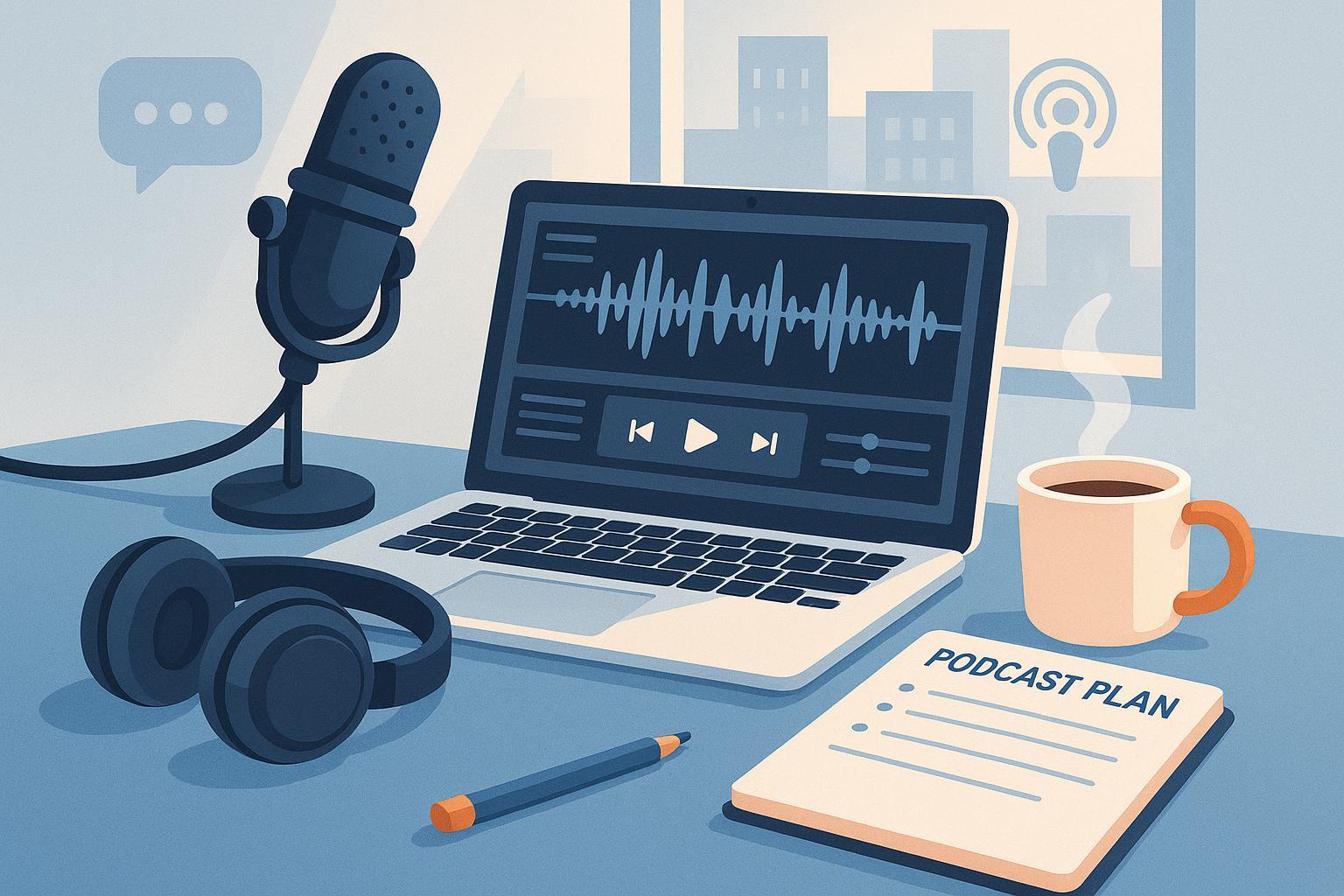
Introduction: What Is a Podcast and Why Start One?
A podcast is an on-demand audio series you can listen to any time, on almost any device. Imagine a radio show tailor-made to your interests, available at the tap of a button—whether you’re commuting, exercising, or relaxing at home. Podcasts have exploded in popularity, with more than 160 million listeners in the U.S. alone as of 2025! They empower everyone—from hobbyists to experts—to share stories, ideas, or expertise with the world.
Why Start a Podcast?
Express your passion, showcase your knowledge, and build a personal or professional brand.
Easily reach and interact with a growing global audience.
Develop new skills in storytelling, digital production, and marketing.
Open doors for networking, business, or even potential income (creators can start earning from ads after building an audience).
You don’t need a studio, fancy gear, or prior experience. This guide will show you every step—from concept to sharing your voice online!
Chapter 1: Podcasting 101 – Core Concepts & Key Terms
What Makes a Podcast?
Episodes: Like TV series, podcasts are released in episodes (often weekly or biweekly).
Format: Solo (just you), co-hosted, interview, true crime, educational, news recap, etc.
RSS Feed: The tech that delivers your show to apps like Spotify and Apple Podcasts automatically.
Think of this as your show’s delivery truck, taking new episodes to listeners everywhere.
Essential Podcasting Terms
Digital Audio Workstation (DAW): Software for recording/editing audio (e.g., Audacity, GarageBand).
Podcast Hosting: Online platforms that store and distribute your episodes (e.g., Buzzsprout, Podbean, Anchor).
Show Outline/Script: Guides your episode’s content, ensuring structure and flow.
Intro/Outro: Music or voice segments that open/close your episode.
Quick Quiz: Which of these is NOT essential for a basic podcast setup?
a) Microphone b) Camera c) Editing Software d) Podcast Hosting
(Answer: b, camera is optional!)
Chapter 2: Planning Your Podcast – Show Concept, Audience, and Structure
Defining Your Show
Pick a Theme: What do you love talking about? What could you discuss endlessly?
Example: "Beginner Tech Explainers," "Travel Story Highlights," or "Parenting Hacks."
Identify Your Audience: Who do you want to reach? Be as specific as possible ("young entrepreneurs," "dog lovers in cities").
Choose a Format: Solo? Co-hosted? Interview-based? Decide what feels natural and matches your topic.
Episode Planning
Show Structure: Decide the flow (intro, core segment, wrap-up, call-to-action).
Episode Outline: Write bullet points or a script. Keeps you focused and confident.
Practice Exercise:
Define your podcast theme in one sentence.
Name your ideal listener.
Sketch a basic episode outline (see downloadable template below).
Chapter 3: Gearing Up – Equipment & Software (on Any Budget)
Minimum Starter Kit
Microphone: USB mics like Rode PodMic USB, Samson Q2U, or Shure MV7 (great sound, easy setup).
Headphones: Any closed-back headphones (Sony MDR 7506 are a classic and reliable choice).
Laptop/Desktop: Most modern computers will do.
Free & Beginner-Friendly Tools
Recording/Editing:
Audacity (Windows/Mac, free)
GarageBand (Mac, free)
Descript (easy editing, includes AI features)
Online Options:
Riverside.fm (record studio-quality interviews remotely)
Zoom (for basic remote recordings)
Podcast Hosting:
Buzzsprout, Anchor/Spotify for Podcasters, PodBean (all beginner friendly and have free tiers)
Equipment Setup Tip:
Record in a quiet, soft-furnished space (think: bedroom, closet) to minimize echo.
Use a pop filter or foam cover for your microphone for cleaner sound.

Chapter 4: Recording & Editing Your First Episode
Step-by-Step Workflow
Prepare Your Script/Outline: Print or bring it up on your screen for reference.
Set Up & Test: Plug in your mic, open your DAW, record a short test ("Testing 1,2,3...").
Hit Record: Speak naturally, imagining your target listener is right in front of you!
Editing Basics:
Remove "um, ah, like" and silences with edit tools.
Balance volume levels, add intro/outro music (royalty-free tracks work great).
Export as MP3 (standard podcast format).
Quality Check: Listen start-to-finish or share with a friend for feedback.
Editing Practice Exercise: Download Audacity, import your recording, try removing a background noise section, and add a fade-out.
Chapter 5: Publishing Online – Getting Your Podcast to Listeners
Uploading & Distribution
Sign Up for a Host: Create a free account on Buzzsprout, Anchor, or PodBean.
Upload Episode: Add your audio file, show title, description, and artwork (Canva is fantastic for free podcast logos).
Submit Your Show: Your host will generate an RSS feed link—use it to submit to directories like Spotify, Apple Podcasts, and Google Podcasts (most hosts have easy instructions).

Checkpoint: Once your podcast appears on Spotify or Apple, congratulations—you’re officially a podcaster!
Chapter 6: Growing Your Show – Basic Promotion & Next Steps
It takes time to grow an audience, but even new shows can pick up listeners and feedback quickly with the right moves:
Promotion Fundamentals
Share with Friends and Communities: Announce on social media, email your circle, join podcast Facebook/Reddit groups.
Make Short Clips: Use short teaser videos or audio snippets for Instagram, TikTok, or Twitter.
Seek Cross-Promotions: Partner with other small podcasters for guest swaps or shoutouts.
Ask for Reviews: Each review or rating boosts your visibility in search platforms.
Staying Consistent
Set a Schedule: Weekly or bi-weekly is ideal; consistency > frequency at first.
Plan Ahead: Outline next episodes in advance!
Community Resource: Join Reddit r/podcasting and Podcast Brunch Club for support and feedback.
Real-Life Story: From First Episode to First Listener
"I always thought you needed a studio and a big team to podcast, but I started with just my laptop and a USB mic borrowed from a friend. My first episode took me three tries, but the moment it showed up on Spotify, I was hooked! My listeners went from 2 to 50 in a month, just inviting friends and sharing on social. Now, I have guests and help others start their shows too."
— Alex, Host of "Side Street Stories"
Common New Podcaster Mistakes & How to Overcome Them
Mistake | How to Fix |
|---|---|
Neglecting audio quality | Use a decent USB mic, test before recording |
Inconsistent publishing | Pick a realistic schedule & stick to it |
Skipping editing | Budget time for cleanup, even basic edits |
No clear target audience | Define your listener in detail |
Hesitating to promote | Share widely—friends, family, groups |
Summary Checklist: Ready to Launch?
Defined show concept and target listener
Planned at least two episodes
Set up my mic and headphones
Recorded and edited a pilot episode
Uploaded my episode to a podcast host
Submitted my show to directories (Spotify, Apple, etc.)
Shared my podcast and asked for feedback
Congratulations! You’re officially on the air. The hardest part is getting started—and you just did it.
Next Steps: Going Beyond the Basics
Where to Learn More
Downloadable Resources
Thinking Ahead
Want to monetize? Look into beginner-friendly sponsors, Patreon, or merchandise after episode 10+
Try remote interviews, advanced editing, and analytics tools as you grow
Regularly engage with your listeners; their feedback is gold
“Start before you’re ready. The best podcast episodes are the ones you actually publish.” — Pat Flynn, Podcasting Expert
Podcast Beginner Glossary
RSS Feed: The technology that updates podcast directories with your new episodes—they find your updates automatically.
DAW: Recording/editing software like Audacity or GarageBand.
Hosting Platform: Website that stores and distributes your podcasts.
Intro/Outro: Segments that bookend your podcast episodes.
Remember: Every top podcaster was once a beginner. Your voice matters—and your podcast journey starts with one published episode!


